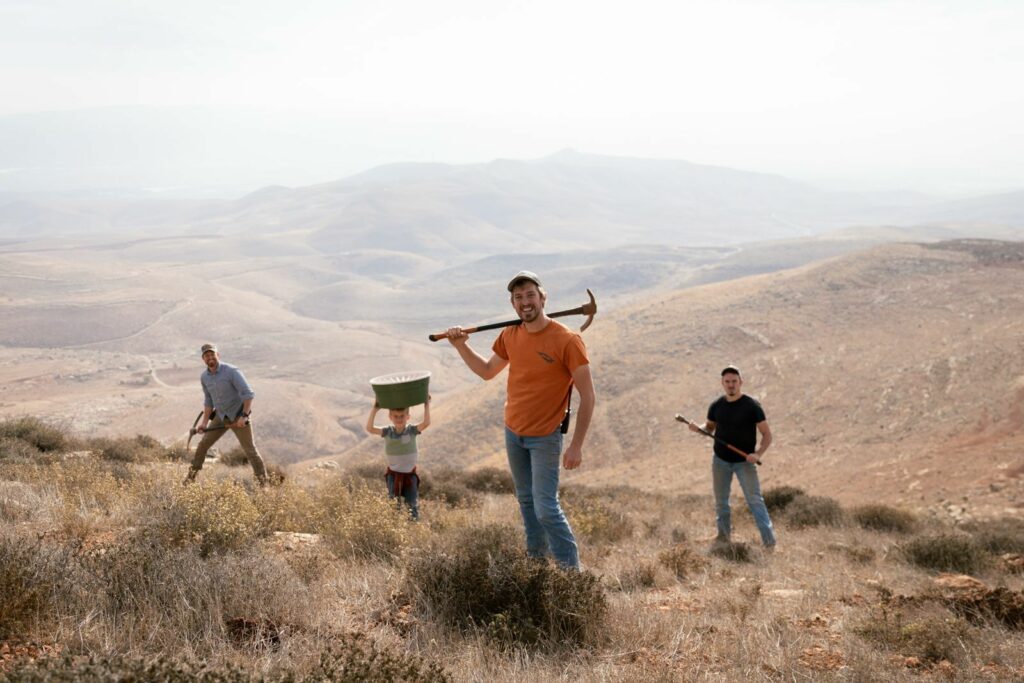
Israel, a country engulfed in the region commonly known as the “fertile crescent”, was historically known for its flourishing landscapes filled with forests, wildlife, and agriculture. This Eden-like area, however, fell into peril upon the arrival of the Roman conquest and subsequent destruction. As the Romans deforested countless regions within Israel to better equip themselves for their siege against the Jewish nation, the destruction that ensued harmed not only the people, but also the land for the next thousands of years.
The few trees and vines that survived the vicious Roman conquest were unable to outlast the rule of the Ottoman Turkish Empire. As the Ottomans began building railroads throughout the countryside, they found themselves in search of lumber for the production of railroad tracks. This led to the demise of the remaining trees. This additional blow to the native flora led to the complete desertification of Israel.
The loss of the trees had severe consequences to Israel’s ecosystem. It disrupted the weather patterns, and changed the chemical makeup of the soil because of the extensive erosion. The loss of native wildlife ensued, only aggravating the already out-of-balance ecosystem. This made it extremely difficult to reverse the devastation that had occurred over a period of several thousand years.
Reversing this Desolation is Not Without its Challenges
Despite the extensive hardship experienced by the people, the fauna, and the land itself, the desolation was not a permanent state. In 2019, a brainstorming session resulted in an idea, and later a plan, to reforest the biblical heartland of Israel. The plan was simple, and involved planting historically indigenous trees that would effectively begin to reforest the region. Following this initial phase of reforestation, the weather patterns could begin to change and create an environment more suitable for the flora. The fauna would return to their former habitat, and the land would begin to return to its former glory.
Difficulties Replanting – Sabotage, Arson, and Wild Boars
Although this reforestation project would benefit everyone in Israel, the implementation was quite controversial. As countless people worked to restore the area, others actively tried to prevent the restoration of the barren landscape. Adversity reared its unforgiving head through each step of the process. This included arson attempts, wild boars, theft, cutting down trees, intentional sabotage, and more.
Passion for redeeming and reforesting Israel’s heartland overcame every obstacle. Volunteers continued to plant trees and vines, while generous donors sponsored them. The area today is slowly returning to its original Eden-like state.
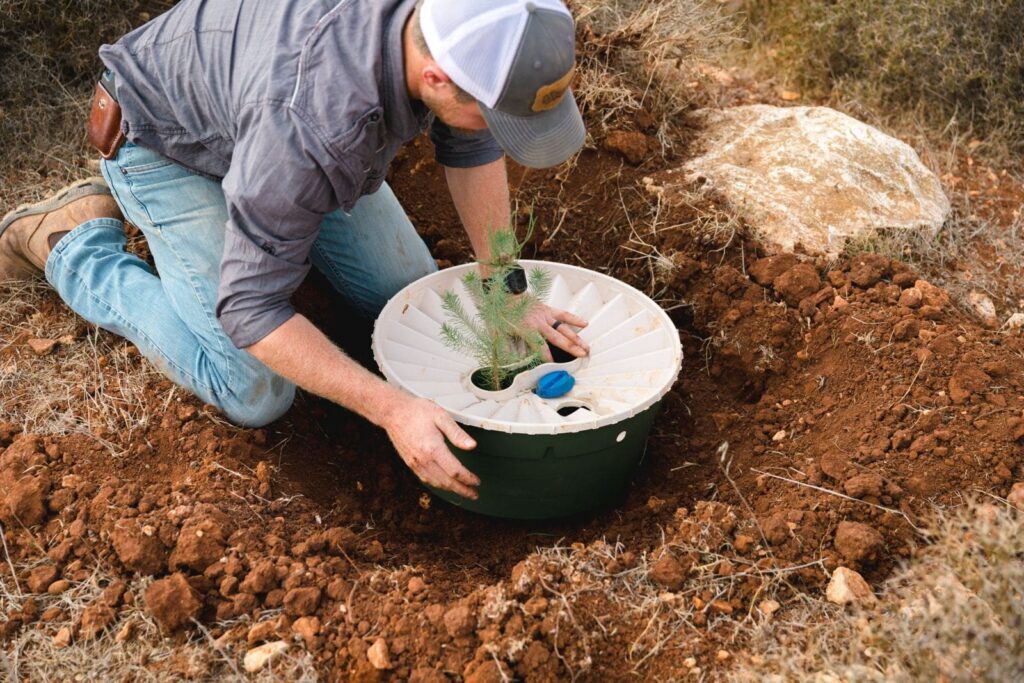
Since proving the idea possible, people from around the world have planted over 17,000 trees. That’s not all that our dedicated volunteers have achieved; they’ve planted a combined total of 50,000 trees and vines. You read that right: 50,000 trees and vines have been planted in an effort to re-green Israel. But why are people coming from across the world to successfully plant flora in Israel with our organization instead of others?
What Makes the Greening Israel Project Different?
Two key factors set the Greening Israel Project apart from other tree planting efforts in Israel:
- HaYovel is the only organization that plants trees in Judea and Samaria, Israel’s biblical heartland.
- Greening Israel is the only tree planting project that plants trees indigenous to the forests of Israel.
While there are various volunteer groups that contribute mass efforts to reforestation in the region, we adhere to the belief that if native vegetation is planted, the result is more advantageous for the ecosystem.
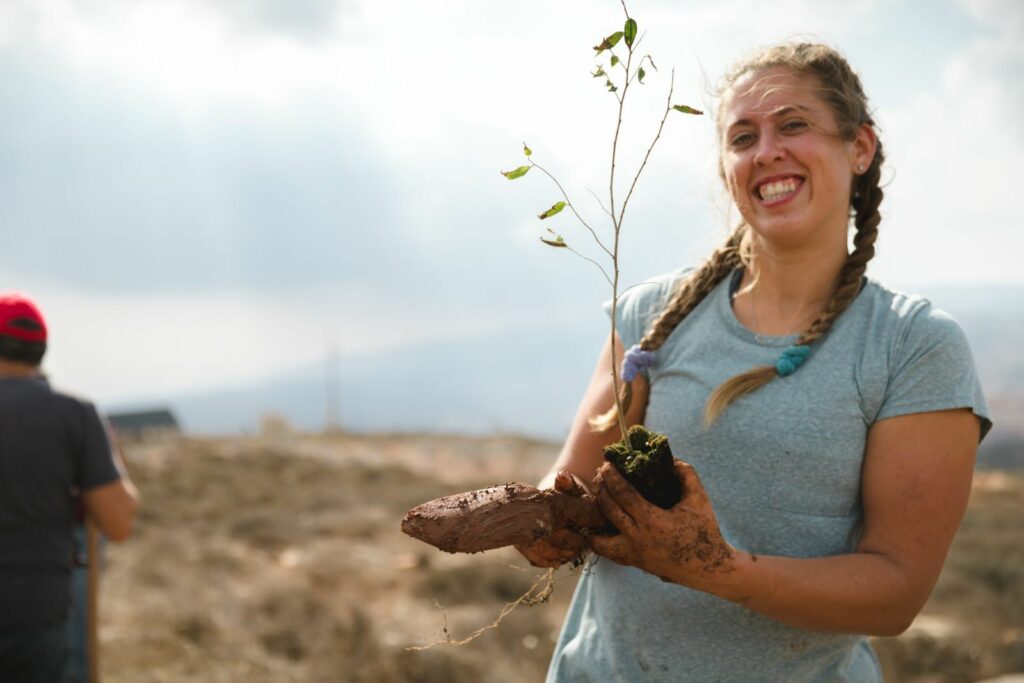
The reason we’re committed to re-greening Judea and Samaria specifically is because, despite the extreme controversy of planting in the supposed “violent West Bank”, seeing the forests return to the mountains of Samaria isn’t possible if trees and vines are not planted there. While planting trees in any part of Israel is a positive thing, indigenous trees in the biblical forests of Israel have an even greater impact.
Join People from Across the World in Replanting the Forests of Israel
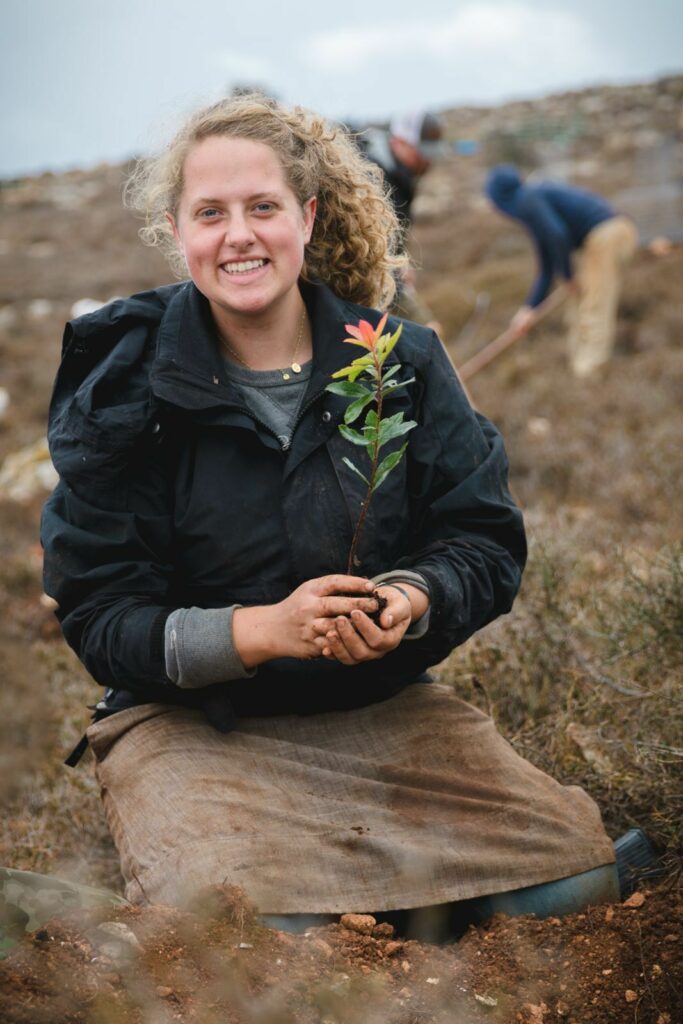
Not only is the Greening Israel project good for the environment and beneficial to everyone who cares about the land. The prophet Isaiah in the Bible also speaks about it:
“Instead of the thorn shall come up the cypress; instead of the brier shall come up the myrtle and it shall make a name for the Lord, an everlasting sign that shall not be cut off.”
We believe wholeheartedly that Isaiah’s words will come to pass. We also believe it is important that we have a personal part in making it happen. Together with countless people from across the world, we remain dedicated to bringing these prophetic words to life. Over the last twenty years, HaYovel has brought thousands of volunteers from 30 countries to support the Jewish people agriculturally. As people from around the world come to replant Israel’s forests, we hope you’ll join us in restoring the land and its people. Together, we can bring life back to the hillsides of Israel.



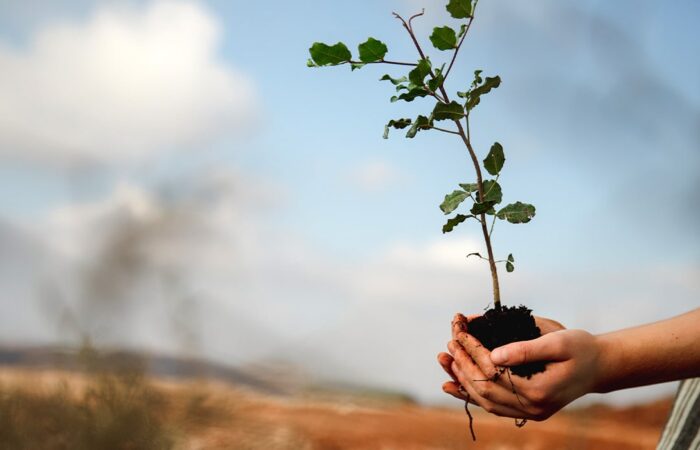
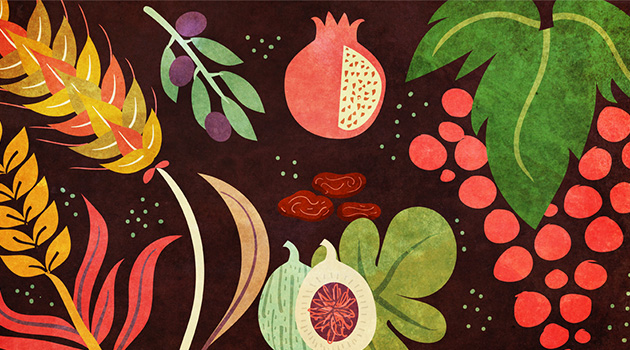
What a blessing to be a part of fulfilling prophecy; I so desire to be a part of that. Age has slowed me down but oh, if only to help even a little.